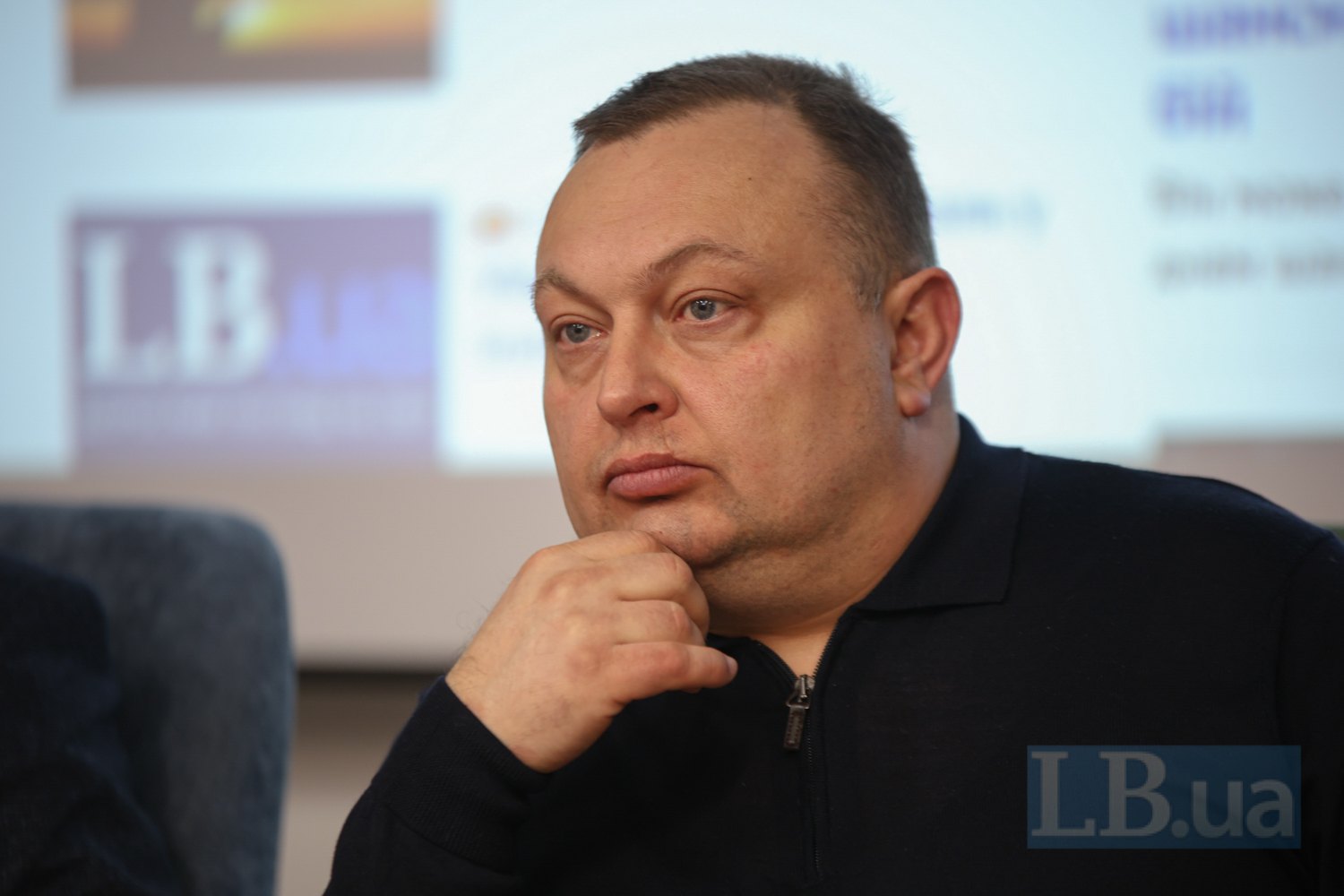
Belief in victory is being replaced by a desire to believe in victory
From the very first days of the war, Ukrainian society showed remarkable unity and internal mobilisation to resist Russia’s aggression. “At that time, our faith in ourselves, in the Armed Forces, in the President, and in our victory reached almost 100%,” recalls Oleksiy Antypovych. He notes that 2023 was, at times, marked by overconfidence, with people cheering and proclaiming that Ukraine would soon plant a trident on the Kremlin and drive tanks across Russia. However, this phase of enthusiasm faded along with the counteroffensive.
“After that, we entered a certain state of… it’s not routine, it’s not a dead end—it’s a kind of apathy, I would say. When asked whether they believe in victory, almost 90% of Ukrainians still say yes. But while 70% previously answered ‘definitely yes’ and another 20% ‘rather yes,’ now only 50% say they definitely believe in victory, and many more say they rather believe in it.”
“We then ask: is Ukraine capable of repelling Russia? In 2022, 90–100% of respondents said we were capable and would definitely hold back the Russian offensive (which is different from achieving victory). Now, 70% say we are capable of repelling an attack.
This shift in perception has spread throughout the country, including views on what victory should look like. We can dream of returning to the 1991 borders, but that is seen as the highest possible outcome. More and more, I would not talk about believing in victory but about the desire to believe in victory. This is what people are already saying,” said the head of the Rating sociological group, citing survey data.
The uncertainty, which prevents people from planning not only spatially but also in terms of time, is pushing society into a state of apathy, the sociologist adds.
“We don’t know how the war will end. We want certain outcomes, but we don’t know what will actually happen. We don’t know when it will end. The idea of ‘two or three weeks’ or ‘two or three months’ was already outdated back in May–June 2022. Because of this, there is now a sense of stagnation in economic expectations, political views, perceptions of the war, and even personal plans,” stated Antypovych.
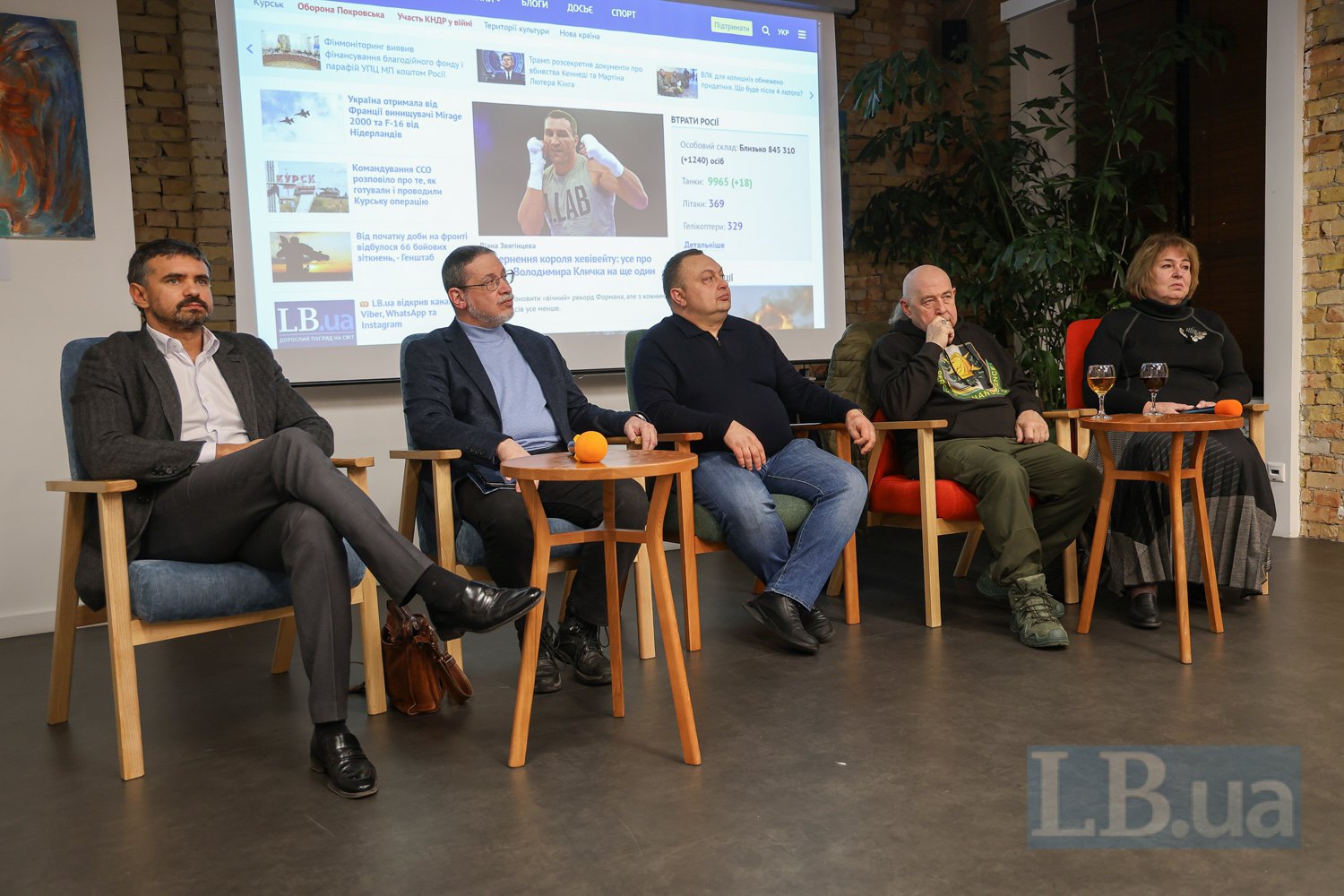
Attitudes toward residents of occupied territories and those who moved abroad are getting colder
According to data from late 2024, 20% of residents in government-controlled territories have a cold attitude toward Ukrainians who remain in the occupied areas, Antypovych reported.
Meanwhile, 30% of those who stayed in Ukraine feel the same way about Ukrainians who went abroad. This, he explains, is partly due to how Ukrainian refugees behave in other countries.
“According to our data, about 60% of Ukrainians who have gone abroad are from southern and eastern Ukraine. What did they leave with? They took with them the Russian language in daily life and, in many cases, a strong Soviet cultural background. Many left from Zaporizhzhya, Kherson, and Donetsk Region, including Mariupol.
As a result, being abroad, they did not go through the stages of adaptation to the war as we did here. They did not experience the same unity against the enemy. The enemy brought us together—97% of Ukrainians consider Russia an enemy. But do those abroad feel the same? Perhaps for some of them, it’s still a case of ‘not everything is so clear,’” he suggests.
(Oleksiy Antypovych’s opinion was supplemented by Ella Libanova, Director of the Institute for Demography and Quality of Life. She emphasised that many Ukrainian refugees from southeastern regions mainly consume Russian-language content, use Russian social media platforms such as Odnoklassniki and Telegram, or even watch Russian TV. Ukrainian-language content has little chance of competing with Russian influence, let alone surpassing it.)
“So, we will see growing differences between Ukrainians who remained in Ukraine and those now living in Poland, Germany, or elsewhere. This could very well become a dividing line in the future,” Antypovych said.
Additionally, the sociologist notes that about 50% of Ukrainians demonstrate a cold attitude toward potential labour migrants, whose recruitment is increasingly being discussed as a possible solution to workforce shortages.
“We surveyed migrants from Asia and Africa to highlight the cultural differences between them and Ukrainians, and about 50% of respondents expressed a cold attitude toward them. This could become a future issue as well,” he said.
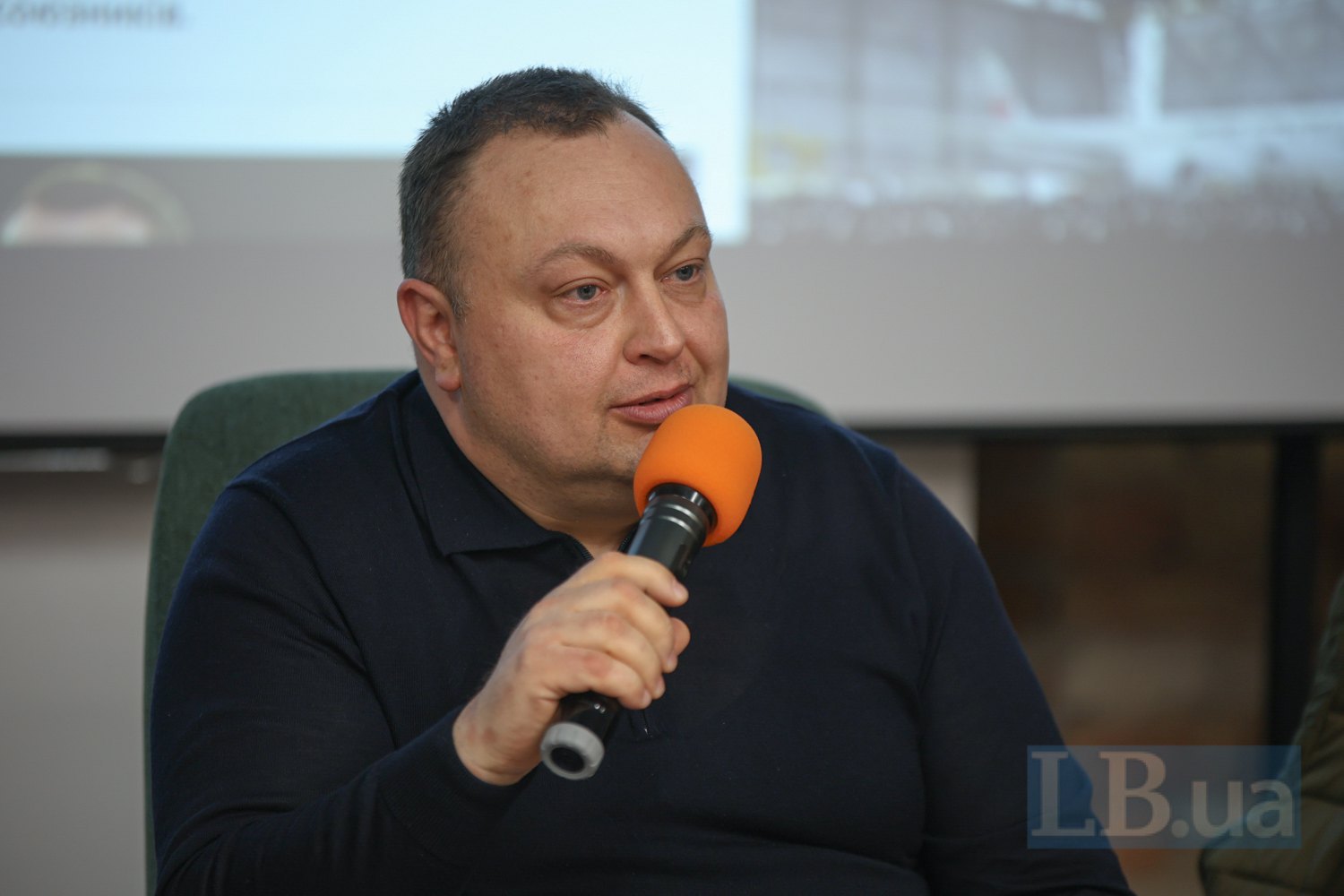
Lines dividing Ukrainian society
“In general, several factors could divide us.
The first is corruption and financial inequality. The higher the corruption, the more some people gain while others lose, and the stronger the resentment grows. However, fighting corruption—restoring order and increasing collective welfare—could unite us, as it would improve living standards for everyone.
Another dividing factor is the old, long-standing divisions—language and religion. These are not the most critical issues right now, but they still exist,” said Antypovych.
Another source of division is people’s different experiences of the war:
- Lost a home vs. did not lose a home
- Had to relocate vs. remained in place
- Have a home to return to in an occupied or unoccupied area vs. no home at all
- Lived in the rear vs. on the frontline
- Lost a loved one vs. did not
- Fought in the war vs. did not fight
Antypovych also highlights another potentially divisive issue—elections.
“It has never been openly discussed that elections, politicians, or political differences divide us. But in reality, a significant portion of Ukrainians sees politics as a source of division rather than unity. Why? Because every election in Ukraifeels like a Maidan, to be honest.
2004. 2014. 2019—each was an electoral Maydan. It’s a huge stress for society. And Ukrainians increasingly feel that they are not ready to trust someone with different political views.
One of our latest studies revealed something that personally struck me: a considerable number of Ukrainians openly say that political disagreements can only divide, not unite,” said the head of the Rating Group.
He also pointed out that of the 30 million people currently living in Ukraine, 10 million are pensioners, and their electoral choices will significantly shape the country’s future.
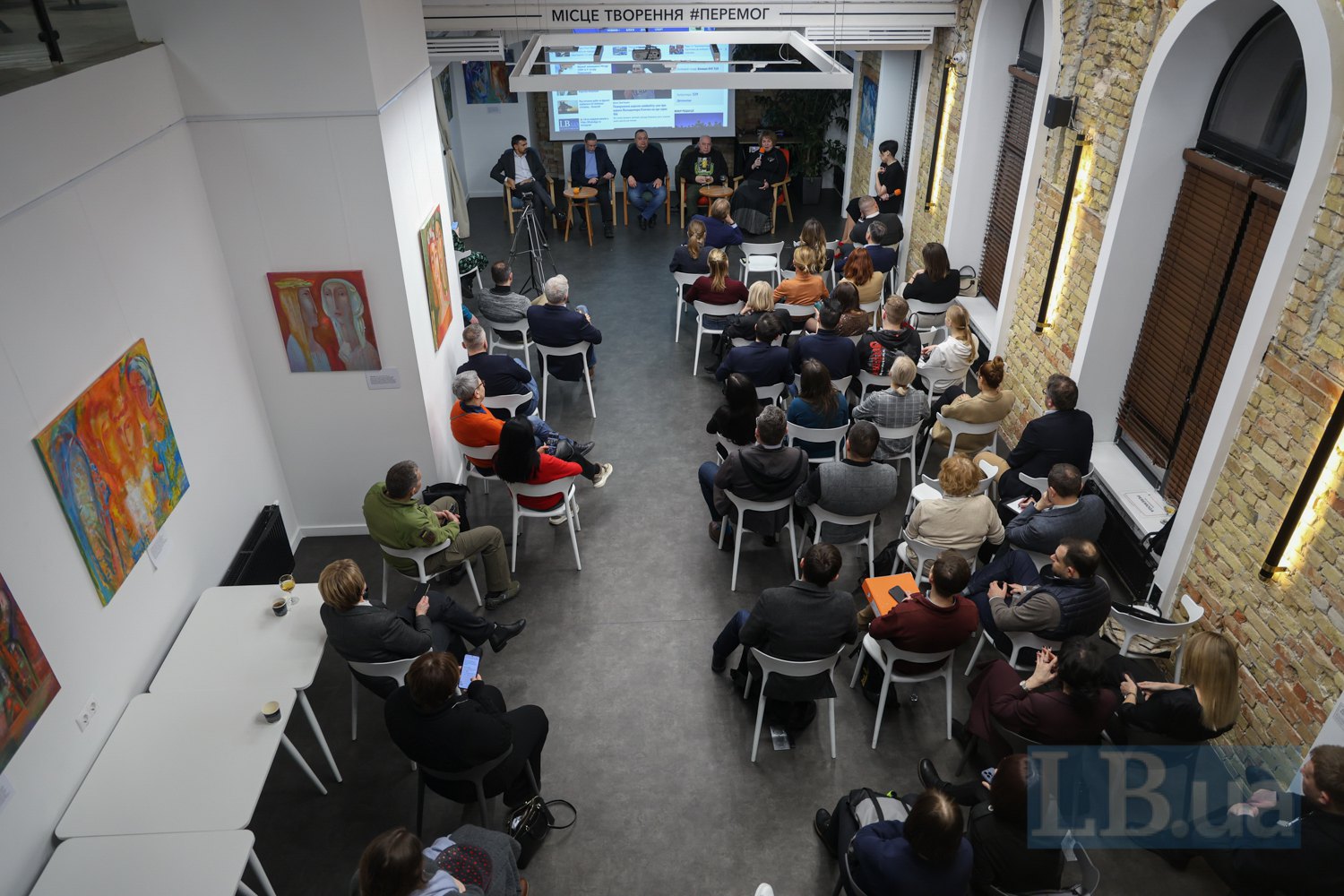
Almost 40% of young people want to relocate
“In one of our studies, we found a concerning figure: up to 40%—38%, to be precise—of young people aged 18–29 are ready or willing to relocate,” the sociologist said.
According to him, 15% of young Ukrainians want to move abroad, another 15% want to move to another region within Ukraine, and the rest are willing to relocate within their region (e.g., from a village to a regional centre).
However, he also sees a historical parallel:
“Historically, when people moved from villages to regional centres 100–200 years ago, they brought Ukrainian rural culture with them, preventing full Russification. To some extent, this helped preserve national identity, and it could do so again. Young people are looking for better opportunities, but the number considering emigration is already a worrying indicator.”
However, he adds that such sentiments are understandable: young people want to move, see the world, have opportunities for self-realisation, and get impressions. Parents, children, and real estate do not keep them in the country.
"And, of course, you need to understand that education in Ukraine, no matter how it is evaluated, will help them in the future. That's what they think. Therefore, if a young person has the opportunity to obtain both Ukrainian and foreign diplomas, he or she and his or her parents will definitely work for the documentary part, the actual educational part," the sociologist says.
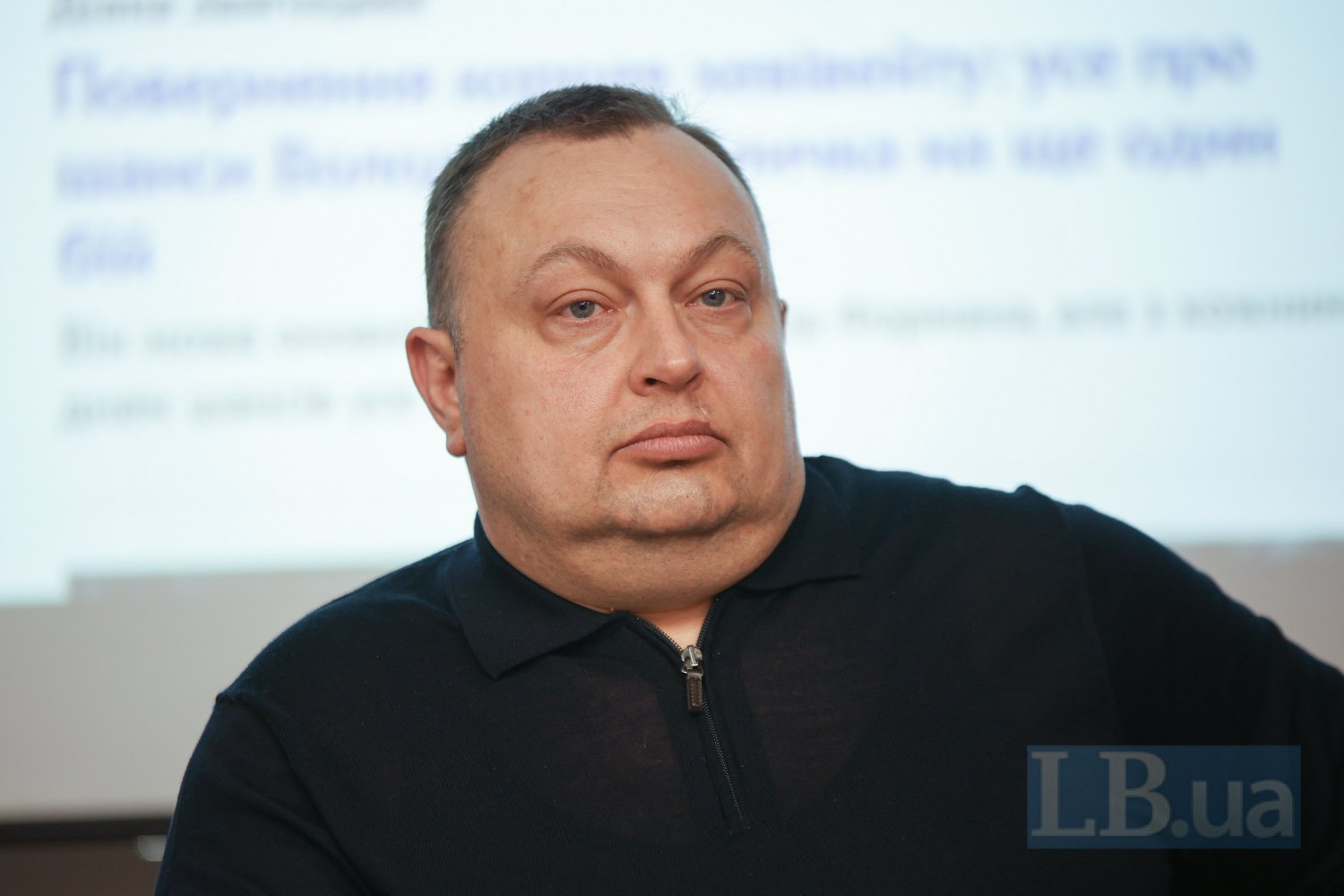
Positive changes
Among the positive developments since 2022, Antypovych highlights the growing engagement of civil society, NGOs, volunteer movements, and the military.
“We are definitely progressing in this area. Many people are now willing to offer ideas and solutions to both local and national governments. The question is whether Ukrainian voters will support new political movements that could reshape the country’s leadership,” he said.
Most importantly, he believes, Ukrainians have come to appreciate the value of their state and their personal responsibility for it.
"To add to the optimism: before the war, 18% (one in five Ukrainians) said they were ashamed when they spoke or thought about Ukraine. It was a shame to be a Ukrainian. Before the war, in Poland, about half of our migrant workers did not want to call themselves Ukrainians. They assimilated as quickly as possible and as silently as possible, so as not to even reveal that they were Ukrainians.
Today, there are far fewer such people both abroad and in Ukraine. At first, there were some 2 per cent who were ashamed of Ukraine, now there are a little more, but still," said Antipovich.
"Positive changes are definitely coming. I would not expect panic or any collapse," he also said, "Ukrainians are so wise, and we can see this with the occupied and de-occupied territories and the frontline zone. No one there is organising any local Maidans because of the affairs of the times when the Russians were around or something else. Everyone has somehow settled down, there are no quarrels, they live and move on. So I wouldn't talk about any kind of discord at all."
“The unity of Ukraine will endure, and I hope to see economic growth. After all, beyond the war and external threats, the two main issues that concern Ukrainians are their welfare and corruption,” Antypovych concluded.








